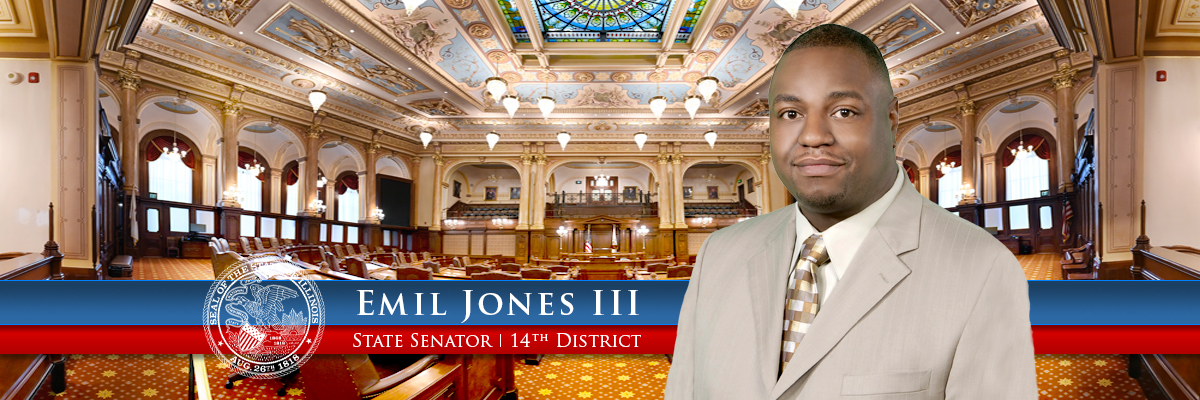OUR VIEW: Cemetery regulations need softening, but oversight is needed
Share 04/25/2011, 11:48 pm
Comment on this story | Print this story | Email this story
THE ISSUE: Lawmakers discuss rolling back cemetery act regulations
OUR VIEW: Oversight is needed, but legislators need to find the right balance
The Cemetery Oversight Act passed in 2010 imposed new state regulations on many private cemeteries, increasing personal liability for cemetery officials and increasing financial burdens on the cemeteries.
The legislation was inspired by the shocking conditions at Burr Oak Cemetery in Alsip, where investigators found bones and caskets dumped in heaps after allegedly being dug up so plots could be reused. Cemetery records also had disintegrated or vanished.
A number of cemeteries in The Times' coverage area are affected by the legislation and representatives of those facilities voiced their concern when the new regulations were approved.
Concerns included how these regulations will affect the cost of doing business, how they will affect the volunteers who often run the cemeteries as well as the fees, penalties and additional insurance requirements as outlined in the legislation.
Ottawa Avenue Cemetery falls in the full-regulated category.
"The people who have heaped this on us have no idea or regard for how cemeteries really work or how they keep going," Board President Chuck Sanders told The Times last summer. "It's really all about politics and money."
Judy Schultz of Hillcrest Memorial Cemetery in Streator agreed with Sanders.
"It puts a lot more pressure on small cemeteries downstate," she said.
She has been required to get a computer to comply with the regulations, since the cemetery's traditional handwritten records are no longer sufficient.
Schultz said private cemetery officials also are somewhat offended by new regulations that require they have background checks and be fingerprinted as well as the requirement they post a sign telling cemetery customers a hotline number to call with complaints.
"Plus, because I sell (grave) markers, I have to have a permit for that. It's all just crazy."
The tough regulations are obviously burdensome for many Illinois cemeteries, cemeteries that also depend on volunteer work to stay afloat.
But there's a glimmer of hope. The Associated Press reports lawmakers are considering rolling back the regulations.
State Sen. Emil Jones III helped pass the legislation that stiffened cemetery regulations. Now he's leading the push to soften them.
He argues the state's small cemeteries can't afford their share of the licensing costs imposed by the regulations — from $5.5 million to $7 million statewide. Jones also questioned whether the regulations would stop someone who is determined to cut corners.
That reasoning should not be a new revelation. Cemetery operators brought up the same concerns as the legislation was being proposed.
The regulations were a knee-jerk reaction to a scandal that made national news. People were outraged, understandably, and lawmakers felt pressured to take action.
Now Jones, a previous supporter of the act, is doing an about-face.
"You can put all the laws on the books, but you can't ever prevent anyone from committing crimes," Jones said in an AP story.
Last year's law required cemeteries to provide information for a central database on graves. It also ordered managers of private, nonreligious cemeteries to obtain a state license. Other cemetery workers must detail their work history and provide evidence of character.
Now the Senate has voted 54-2 to eliminate the gravesite database, as well as background checks for cemetery employees. Consumer complaints would be handled by the state's attorney in each county instead of a central state office.
The bill also lifts a requirement that cemeteries buy insurance against any wrongdoing similar to what occurred at Burr Oak.
Many have said the regulations as approved in 2010 would do nothing to prevent what happened at Burr Oak. What they would do, however, is make a sad situation worse for a family burying a loved one and can't afford the additional expenses that would have to be passed down to them.
We're not opposed to some meaningful regulation, but the initial legislation was too much. Taking steps to soften the regulations and get to the heart of what really requires oversight is a step in the right direction.




